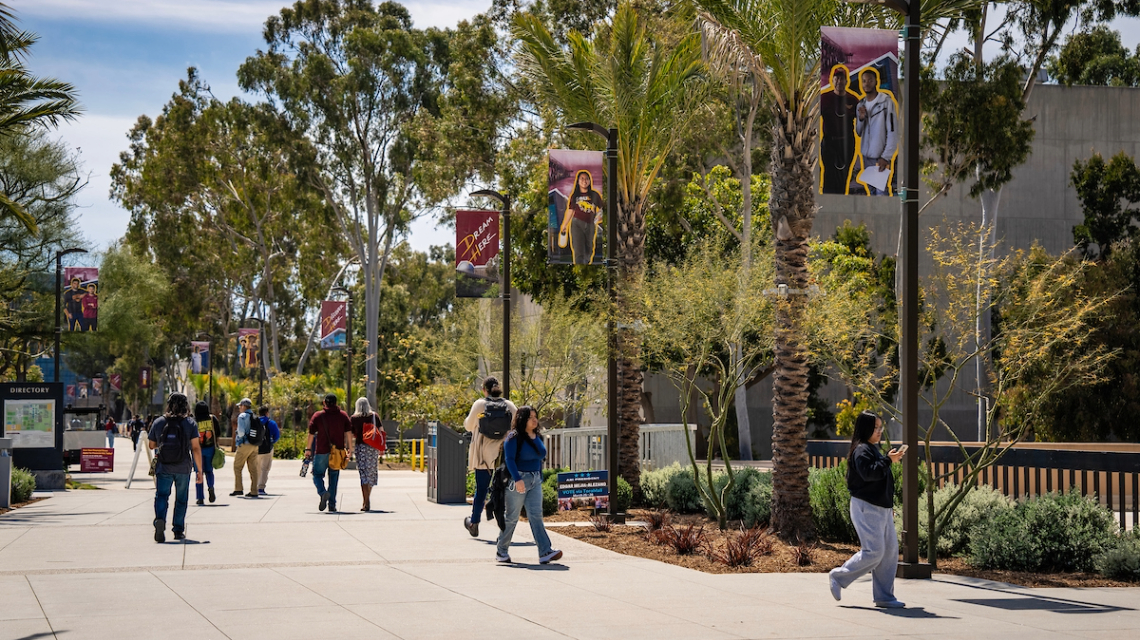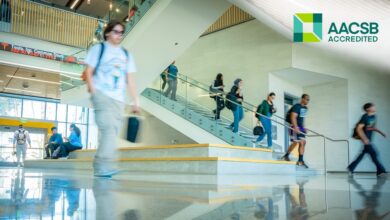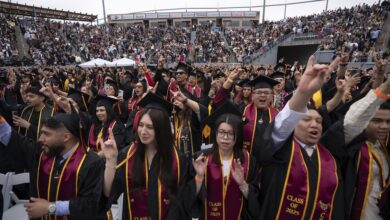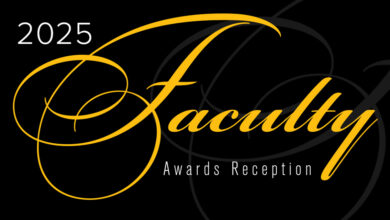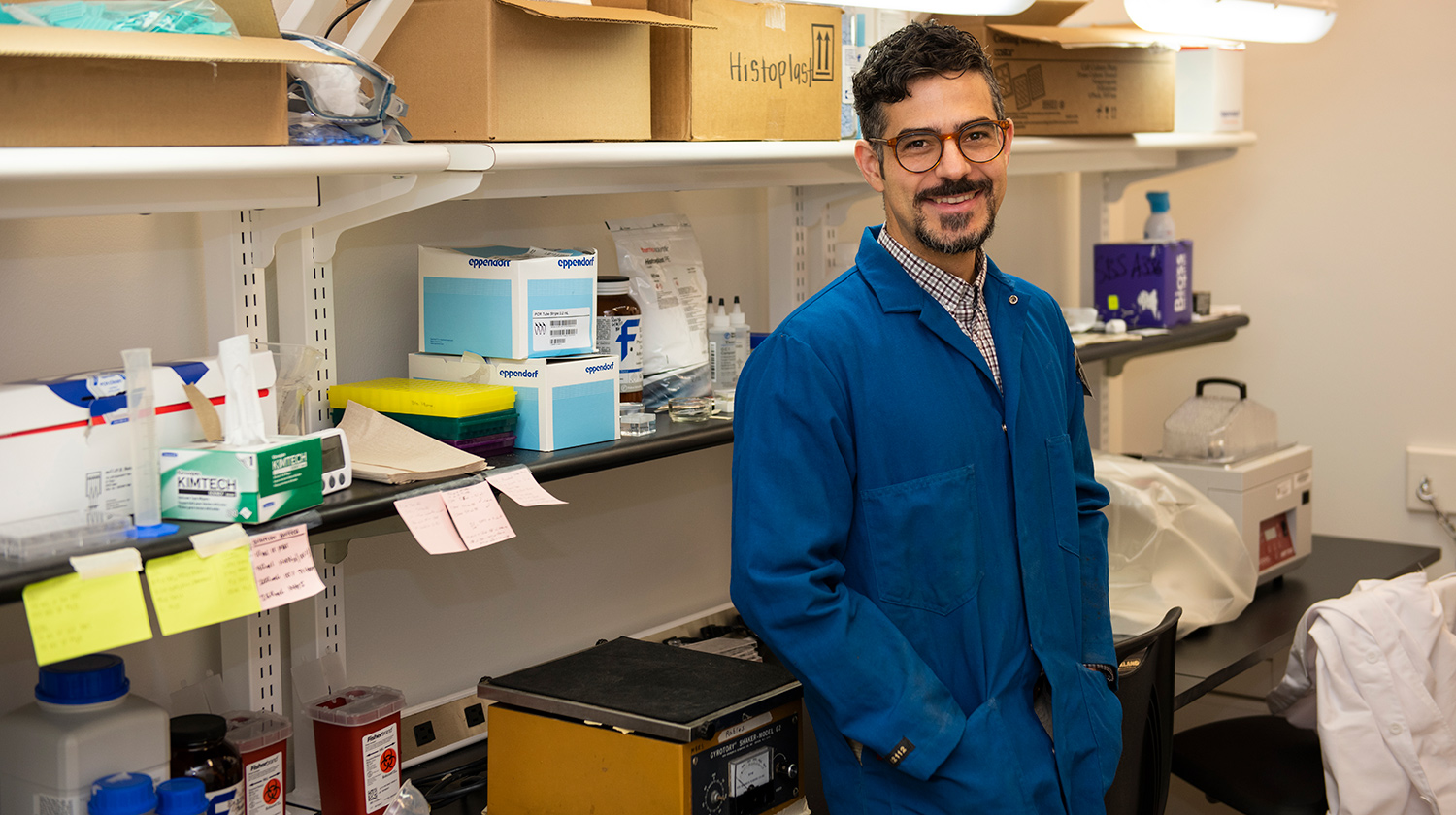
Philip Vieira, associate professor of psychology at California State University, Dominguez Hills (CSUDH), has received a National Science Foundation (NSF) grant totaling more than $228,000. Created for early- and mid-career researchers, the funding will enable Vieira to conduct rigorous fundamental research in STEM education by examining retention among students in STEM majors through a First-Year Seminar course.
Vieria’s project is funded through NSF’s Education and Human Resources Core Research: Building Capacity in STEM Education Research (ECR: BCSER) program. “This grant an important first step in developing a robust research program in STEM education on our campus in order to support the retention, persistence, and long-term success of our unique student population,” said Vieira.
Vieira’s grant project, “Combining Design Thinking, High Impact Practices, and Course-based Undergraduate Research Experiences to Promote Student Persistence and Retention in STEM,” is designed in two parts.
The student-focused part consists of a First-Year Seminar course that exposes students to design thinking training and research experiences. Vieira hopes to test the effectiveness of such a course in three areas: how many students change their major to a STEM field, or from a STEM field to a non-STEM field; how many students return to CSUDH the following year in a STEM field; and, how many students complete their degrees in a STEM field within four to six years.
“We know from previous work that these types of experiences individually should have positive effects on student retention and persistence in their majors. However, what is not yet known is the combinatorial effect of these practices in the context of a freshmen seminar,” said Vieira. “This data will expand the field of STEM education research with evidence-based interventions to support students as soon as they enter university.”
The second part of the project focuses on Vieira’s own professional development in STEM education research and relies on an advisory board made up of his CSUDH peers who will support the design, implementation, and assessment of the project, as well as general training in STEM education research.
The advisory board will include Ken O’Donnell, vice provost and accreditation liaison officer; Kamal Hamdan, Annenberg-endowed professor and director of the Center for Innovation in STEM Education; Heather Butler and Keisha Paxton, professors of psychology; and Terry McGlynn, professor of biology.
“As a neuroscientist, my training can only go so far in executing this work. The real strength of this project is the collaborative team of advisors,” said Vieira. “Each member brings their unique experience and expertise needed to develop my ability to independently lead an effective, interdisciplinary research program in STEM education. Together, we will support student success and establish a long-lasting point of pride for our campus.”




